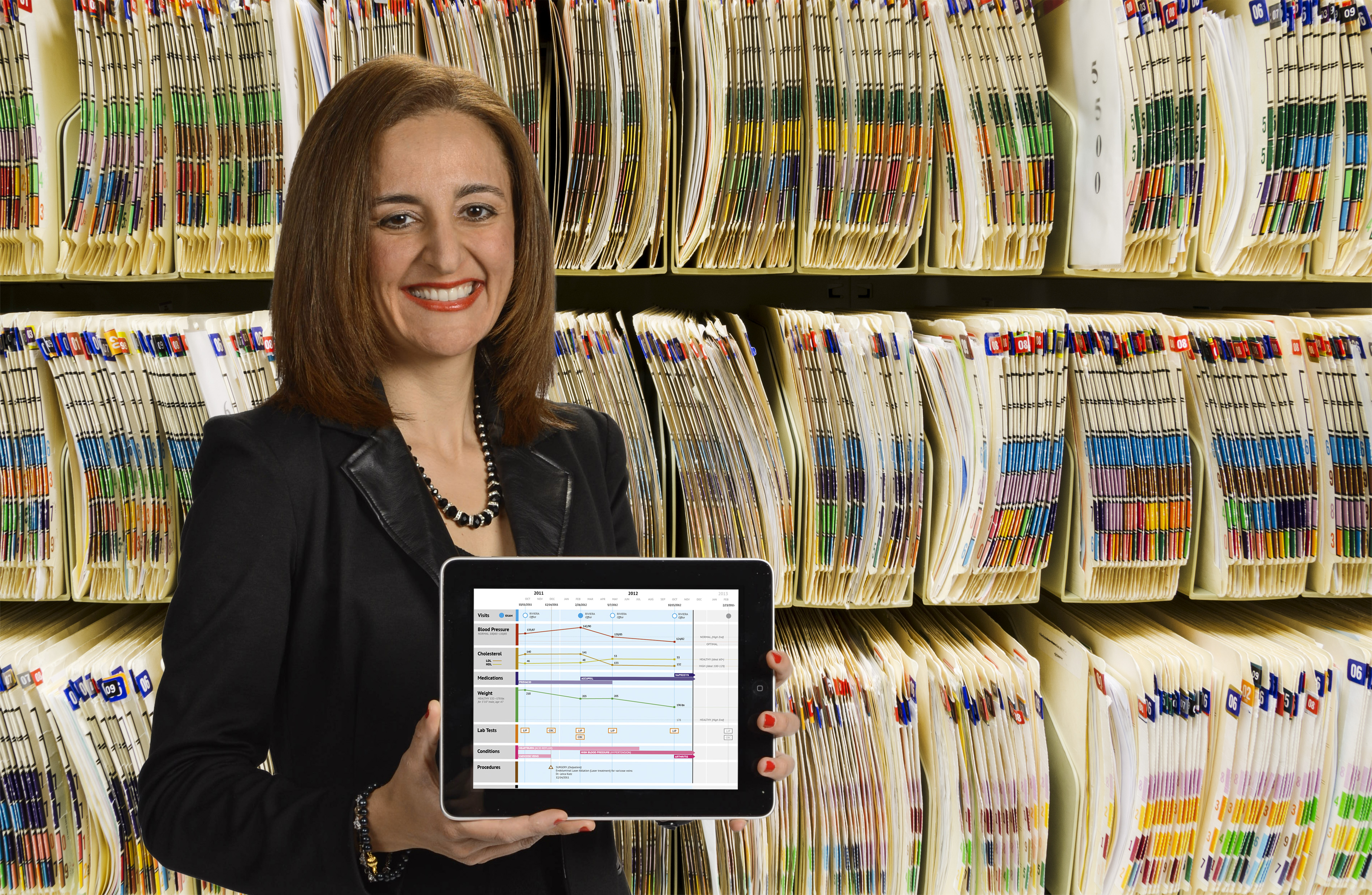Popular courses teach students how to manage increasingly complex healthcare systems

With healthcare data increasing in volume and complexity, competent professionals in this field are in hot demand, as are the programs that equip students with the specialized knowledge and skills.
Such programs include a two-course offering in health information technology taught over the summer by Pamplin College of Business faculty within Virginia Tech’s master of information technology program, ranked No. 2 in the nation.
The module is so popular, program director Tom Sheehan says, “that it generally reaches capacity within 48 hours of open registration.”
“That’s a testimony to the expertise and dedication of Professors Lara Khansa and Steve Sheetz, who teach the courses,” says Sheehan.
“But it’s also evident that, with the implementation of the Affordable Care Act, the quantity and complexity of healthcare data will increase exponentially,” he says.
“That legislatively mandated increase is compounded by the aging of the baby boomers, all of which puts a sense of urgency into the education of competent professionals who will be capable of leading the search for solutions,” Sheehan adds.
“Everyone wants to learn about health information technology to become more qualified for the many jobs that the Affordable Care Act has generated in this field,” says Khansa, an associate professor of business information technology who teaches the first course in the sequence.
“Students recognize that they need to differentiate themselves with a unique skill set that will land them their dream job, and this is the industry to be in at the moment,” she says.
The courses were introduced two years ago and are Pamplin’s most recent addition to the lineup of modules in the graduate IT program.
Healthcare Information Technology, the first course, provides a comprehensive coverage of information technology in healthcare systems and establishes the knowledge foundation that healthcare managers need to understand electronic health record EHR systems and related new technologies and how they can improve patient health and medical systems operations.
The course covers such topics as clinical decision support systems, population health and disease management systems, patient centered care, and design and implementation best practices and challenges surrounding EHR systems, including security and privacy issues and associated regulatory principles and policy implications.
The second course in the module, Healthcare Data Management, is taught by Sheetz, an associate professor of accounting and information systems.
Building on the first course, it provides an in-depth investigation of the EHR issues and topics.
“EHRs are at the heart of technology-based efforts to increase the effectiveness and efficiency of providing healthcare,” says Sheetz. “Thus, students need a deep level of understanding of the data in EHR systems to appreciate and measure the implications of process improvements.”
Topics addressed include EHR standards, healthcare enterprise systems architectures, healthcare database designs, existing database platforms, data integration from multiple sources, and accessibility approaches.
Learn more about Virginia Tech's health information technology module and its highly ranked master of information technology program, including Khansa’s personal and professional ties to the health care field, in Pamplin's spring 2014 magazine, Virginia Tech Business.




